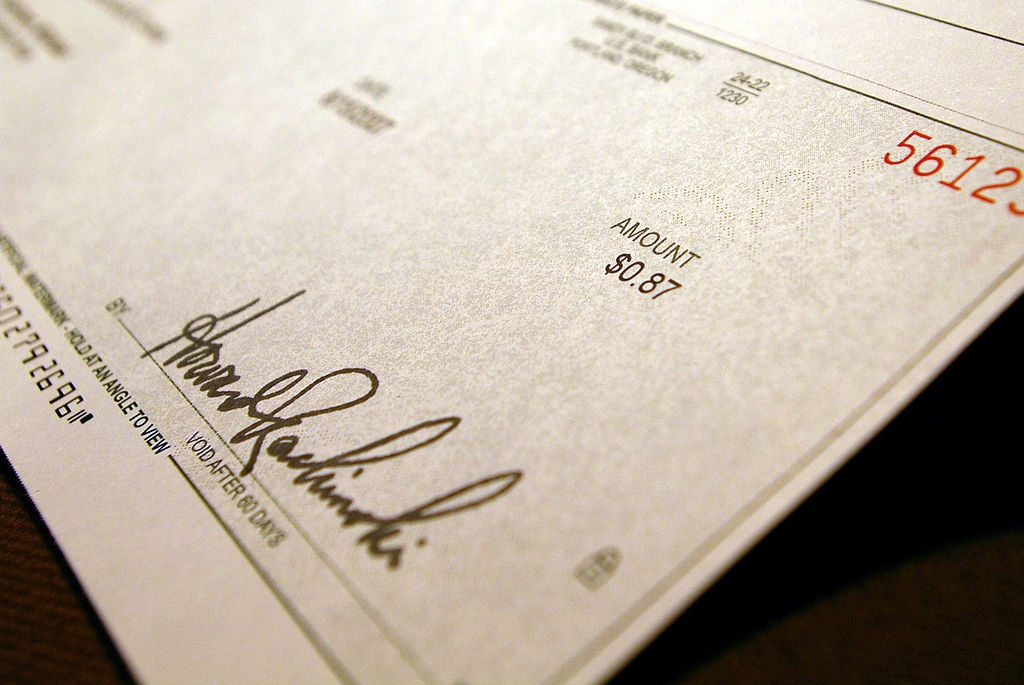Employer obligations regarding final pay checks
Contributors

Christian Scali

Jennifer Woo Burns
Can employers deduct from an employee’s final pay check any amounts that the employee owes the employer?
Final pay checks have special protections under California law, and therefore, employers must be very careful in calculating and issuing them. We often encounter situations in which an employer wishes to make deductions from an employee’s final paycheck for business losses, such as unreturned uniforms or equipment. Under California law, in most situations the employer may not use the employee’s final paycheck as a means of “self help” to collect amounts that the employee owes to the employer. In cases where the employer is entitled to recovery of expenses from the employee, the employer may be left with taking the employee to court to recover such losses.

If the employee has executed a written promissory note or other authorization for the employer to deduct a specific amount from the employee’s paychecks, the employer may not deduct any more from the final paycheck than the regular deduction amount. In other words, the employer may not deduct a “balloon payment” from the final pay check to collect the remaining balance of the debt. Even for proper deductions, however, employers must remember that for non-exempt employees, the employer may not make any deductions that would bring the employee’s pay below minimum wage for hours worked in that pay period.
You should have knowledgeable counsel advise you whenever you want to consider deducting more than ordinary deductions from an employee’s pay.
Timing requirements of final pay checks
Employers must provide the employee’s final pay check on the date of the employee’s termination, or within 72 hours of receiving notice if the event of a resignation given with less than 72 hours of notice.
If the employee resigns without notice or is otherwise not present to get their final pay check, the employer may mail the final pay check with the employee’s consent. Although the consent does not have to be in writing, you might consider obtaining some written confirmation from the employee that he/she consents to have the final pay check mailed. Otherwise, the employer must make the pay check available to the employee at the location where pay checks were normally provided.
It is important that your payroll personnel are aware of these requirements for final pay checks so that they can be properly administered.
